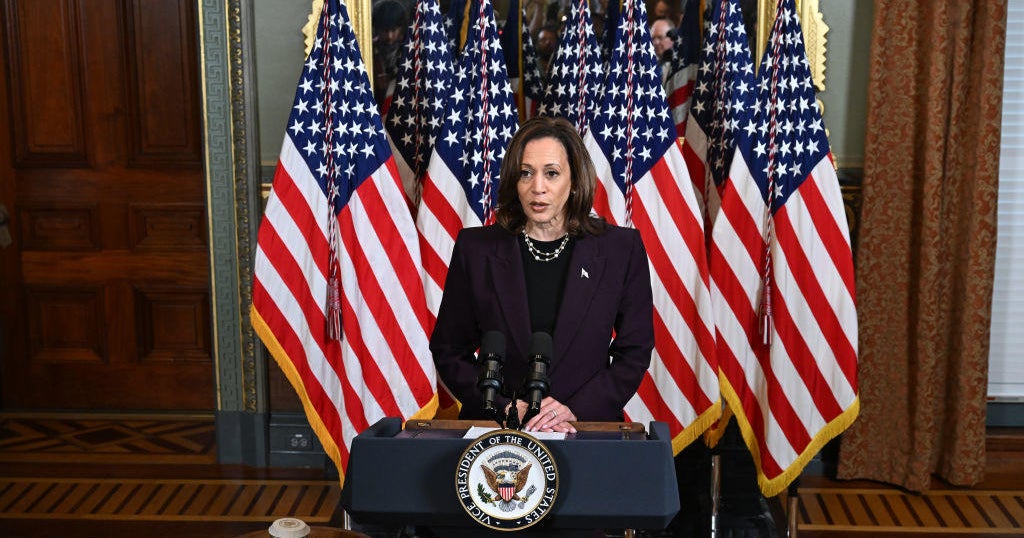Republican Celeste Maloy wins Utah special election for Congress' 435th seat
Republican Celeste Maloy has won a Utah special election to replace her former boss, U.S. Rep. Chris Stewart, in a race that will put a woman back among Utah's five-member congressional delegation for the first time since 2019.
Maloy beat state Sen. Kathleen Riebe, who as minority whip is the Utah Senate's second-ranking Democrat.
Stewart resigned in September after 10 years in Congress because his wife is ill.
Maloy was Stewart's chief legal counsel. She had Stewart's endorsement and that of former Utah U.S. Rep. Rob Bishop, and was favored to win in the reliably Republican 2nd District, which sprawls from Salt Lake City to the state's western and southern edges.
Maloy will be only the fifth woman in history to represent Utah in the House. The most recent was Mia Love, who served from 2015-2019 and was the state's first Black congresswoman. Utah has never had a woman in the U.S. Senate.
The election determined the 435th member of the House, meaning it will be the first time the House will have all 435 members since earlier this year. Stewart resigned on May 31 and former Rep. David Cicilline of Rhode Island's resignation took effect on June 1. Democrat Gabe Amo won the special election for that seat on Nov. 7.
Maloy, a southern Nevada native and resident of southwestern Utah, was the heavy favorite in the Republican-leaning 2nd congressional district, which stretches from southern and western Utah to Salt Lake City. She will join the state's three other Republican U.S. House members. The state's two U.S. senators are also Republican.
Maloy campaigned on improving security on the U.S.-Mexico border, reining in what she calls "out of control" federal spending, protecting religious freedom and putting Utah more in control of natural resources on its federal lands.
She highlighted her experience working for Stewart in an Oct. 26 debate with Riebe.
"I've been working for this district. I've been solving issues that people in this district have called their congressman about and asked for help," Maloy said in the debate. "Congress is struggling right now. Things aren't going smoothly and we really need somebody to get into this state who knows how Congress works."
A Long Island native who lives in the Salt Lake City suburb of Cottonwood Heights, Riebe campaigned on her background as a teacher. She promised on her website to continue to teach five days a week while campaigning on more affordable housing, support for labor unions and public education based on "student needs and community values."
"I am very in touch with my families across the state. I have been working to understand how our policies impact their home lives," Riebe said in the debate with Maloy.
Maloy dominated in fundraising, bringing in almost $600,000 and spending more than three-quarters of that over the seven months leading up to the election. Riebe brought in half that amount and spent about 90%, according to candidate reports filed with the Federal Election Commission.
The most recent woman to represent Utah in the U.S. House was Mia Love, who served from 2015-2019 and was the state's first Black congresswoman.
A six-term congressman and U.S. Air Force veteran, Stewart set off a Republican scramble to fill his seat after his announcement in May that he was resigning to care for his ill wife.
Maloy rode a wave of rural support to win a three-way Republican special primary on Sept. 5, beating former state Rep. Becky Edwards and businessperson Bruce Hough.
There was no Democratic primary after Riebe was the top vote-getter in a Democratic convention and unopposed for her party's nomination.




